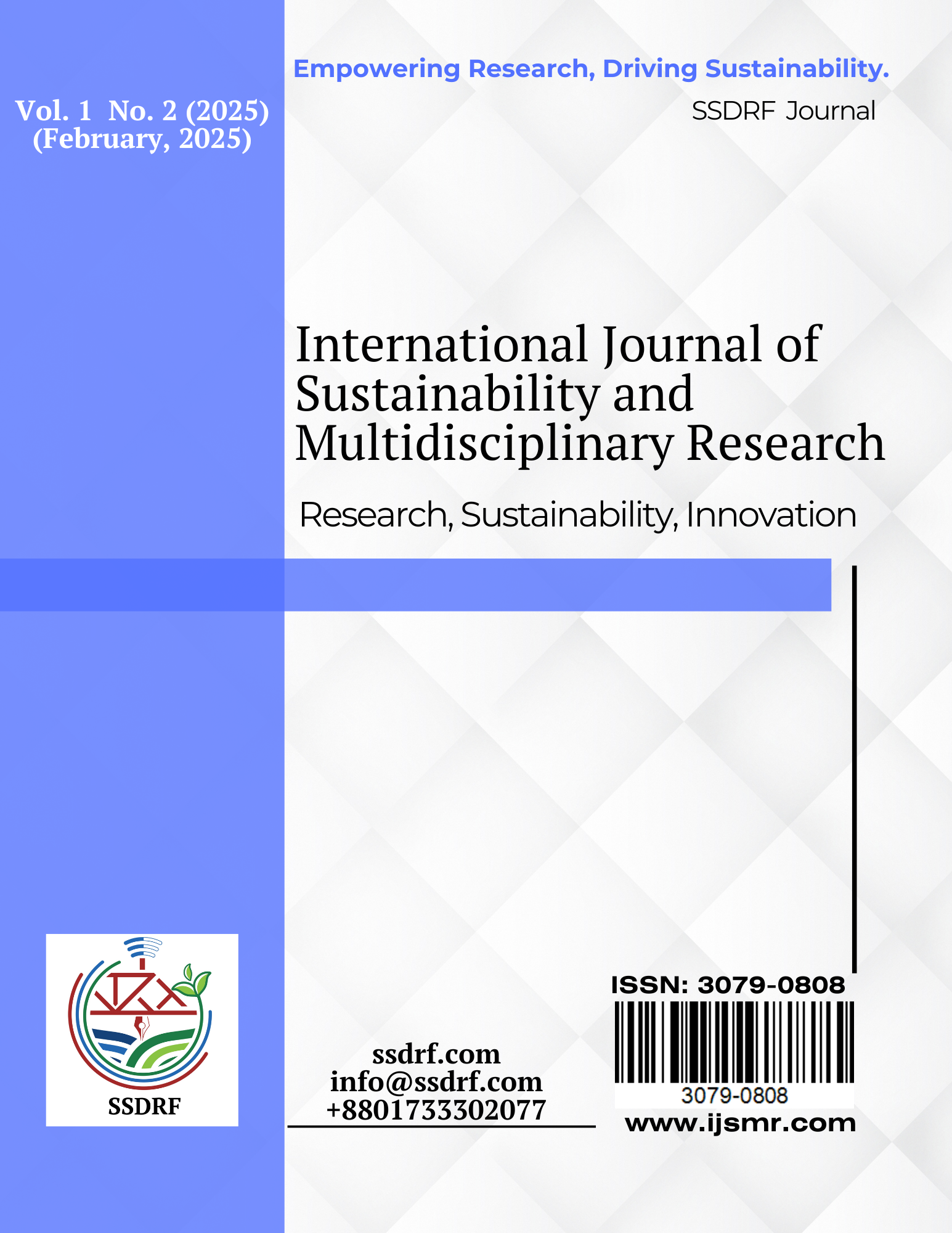Exploring Urban Utility Preferences Across Income Levels In Rajshahi City, Bangladesh
DOI:
https://doi.org/10.71214/k383yx47Keywords:
Urban utility preferences, Income-sensitive housing policy, Hedonic pricing model, House rent determinants, Rajshahi City housing market, Equitable urban development.Abstract
The urban utility preferences of different income levels are fundamental in formulating fair housing policies to address the housing needs of all urban residents. This makes it possible for urban planners and decision makers to construct communities that are accommodative and sustainable such that their way of life is improved and there is urbanization in a balanced approach in regard to social classes. The aim of the research is to examine the extent to which structural, neighborhood and environmental utilities affect house rents for the poor, middle income earners and highincome earners groups in Rajshahi City. The aim is to contribute to the evidence base for income sensitive planning and mainly housing policy about social housing for this group. A hedonic pricing model is used in this research while collecting primary data of 400 inhabited residents of Rajshahi City to assess how much each of the selected variables affects house rent through the different levels of income. From the regression analysis findings, it shows that income, education, and employment status are the significant factors that contribute to rent willingness. There is a demand among high-income families for environmental facilities such as availability of parks and clean surroundings; in contrast, middle- and lower-income families tend towards neighborhood and infrastructural features within the areas such as closeness to places of work and other relevant services. Recognize that policy efforts must concentrate on the equitable distribution of urban utilities to all income groups through infrastructure improvements. It will necessitate improving the basic services in poor and moderate-income neighborhoods while also developing the green and recreational areas in affluent areas to ensure fairness in urban transformation and enhanced living standards.
Downloads

Downloads
Published
Issue
Section
License
Copyright (c) 2025 Md. Abdus Sobhan, Mahid Ahmmed , Md. Elias Hossain (Author)

This work is licensed under a Creative Commons Attribution-NonCommercial-NoDerivatives 4.0 International License.








